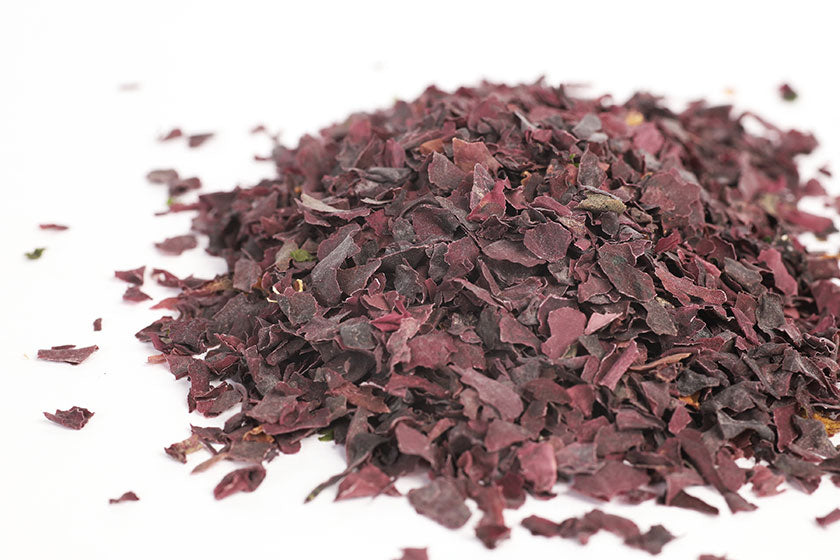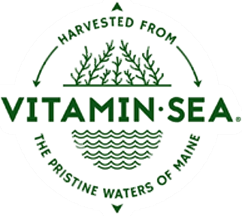If you're looking for a way to make a positive impact on the environment and your own health, consider incorporating seaweed into your diet and your agricultural practices. Seaweed is a type of marine plant that has a number of benefits for both the earth and its inhabitants. Here are just a few of the ways that seaweed can benefit humans:
-
Seaweed can help us breathe easier: Seaweed absorbs carbon dioxide (CO2) from the atmosphere as it grows, which can help to reduce greenhouse gas emissions. By using seaweed as a sustainable agricultural crop, we can help to reduce the amount of CO2 in the air and make the planet a healthier place to live.
-
Seaweed can help us eat healthier: Seaweed is a nutritious and flavorful ingredient that can be used in a variety of dishes. It's high in protein, vitamins, and minerals, and has a unique taste and texture that adds depth to recipes. By incorporating seaweed into our diet, we can boost our nutrient intake and enjoy some delicious and healthy meals.
-
Seaweed can help us live sustainably: Seaweed can be grown in the ocean, which means that it doesn't take up valuable land resources that could be used for other crops. This makes it a sustainable and environmentally-friendly alternative to traditional agriculture. By using seaweed as a natural fertiliser, we can reduce our reliance on synthetic fertilisers and help to protect the planet.
-
Seaweed can help us protect the oceans: In addition to the benefits listed above, seaweed can also help to improve water quality, reduce ocean acidification, and provide habitat for marine life. By supporting the cultivation of seaweed, we can help to preserve the health and beauty of our oceans for generations to come.
Overall, seaweed is an incredible plant with a lot to offer. By embracing seaweed in our agriculture and our diet, we can help to create a healthier and more sustainable world for ourselves and the planet.

